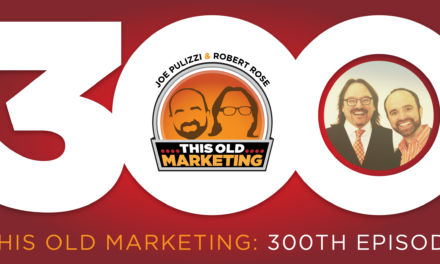Publishers have a lot on their plates these days—from fraud and ad blocking, to Facebook’s recent News Feed changes, to GDPR, increasingly rampant technological innovations and more. On top of the traditional issues related to publishing, publishers also have increasingly been pulled into generating ad revenues through ad tech—a constantly shifting landscape that can certainly be a diversion from creating quality content to meet audience needs.
How are they managing? In some cases, they’re outsourcing this aspect of their ad operations (ad ops) to white-glove consultancy services.
What Are White-Glove Services?
In hospitality, says Shauna Schatz, vice president, strategic media, at Intermarkets, “white-glove service refers to the highest level of service available. In our industry, the key to white-glove service is when the level of human interaction and expertise harmoniously intersects with the best in tech.” There are many technical solutions available to publishers, she says, “but the best—and most enduring—amplifier in our often-chaotic industry is the human element.” It is, she says, “about more than the promise of revenue—it’s about transparency, influence, trust, risk mitigation, and so much more.”
Benefits of White-Glove Services
The biggest benefit is peace of mind and the confidence that comes with letting digital advertising experts manage the complexities of ad tech and effectively monetizing website traffic while they focus on content and audience.
“The ad tech landscape has evolved at an unprecedented rate, forcing publishers to keep up or get left behind,” says Schatz. “Editorial teams cannot—and should not—be expected to become experts in ad tech or yield management.”
“Publishers of all shapes, sizes, and focuses are turning their attention to outsourced ad operations solutions,” says Tiffany Coletti Kaiser, executive vice president, marketing and client services at Digital Remedy. Doing so can help to limit overhead expenses like payroll, benefits, and capital, while minimizing the need for internal technological expertise. Publishers are then able, she says, “to capture small and large size advertiser engagements without managing internal team bandwidth.” There are usually two pain points that drive these decisions, she says: margin pressure to deliver more with less and lack of audience or inventory to meet advertiser demands.
What to Look For, Look Out For
Choosing among the wide range, and continually emerging, options in this space can mirror the complexity of managing the processes themselves. It’s important, says Coletti Kaiser, for publishers to focus on specific pain points they are hoping to address—or the revenue they hope to capture. Tenure and pedigree also matter, she says—check client lists, references, etc. In addition, says Schatz, ask for credit references and check D&B scores. “There seem to be new pop-up monetization shops daily since the rise of programmatic and header bidding. Many will be here today and gone tomorrow.”
“Anyone who claims to be white glove should give you a direct line to the experts and execute a holistic and multi-disciplined approach to manage and optimize both your ad stack and your market presence,” says Schatz. “They should advocate for your brand on the front end while working to balance and optimize your demand on the back end.”
Offerings are not created equal, says Coletti Kaiser. It’s important for publishers to “work with consultancies that offer true customization that will work best for their total organizational operations as well as their sales initiatives.”
Most importantly, stresses Schatz—look for a reliable partner. “I can’t emphasize either of those words enough—reliable—partner.” Dig in beyond the revenue promise, she advises. “Don’t compromise on expertise, transparency, safety, or financial stability.”
The Flip Side
Despite some clear benefits, some publishers are making the decision to pull ad ops back inside. Inverse, which focuses on science and innovation stories for millennials and Gen Y, is one example. Dave Nemetz, CEO and founder of Inverse, says the firm had outsourced ad ops since launch, but as the sales team and number of partnerships grew, they saw an opportunity “to better manage the complexity of the many-faceted campaigns we run by bringing ad ops in-house.” For Inverse, he says, bringing these services back in-house has allowed them to better integrate their approach to programmatic with their direct sales efforts in terms of both yield and management—and integrating PMP (private marketplace) deals into their suite of direct sales offerings.
“This world is changing incredibly quickly,” Nemetz says. “So whether you are outsourcing or hiring in-house, make sure to go with someone who is a real student of the industry and will continue to integrate the latest thinking and tech into your approach.”






